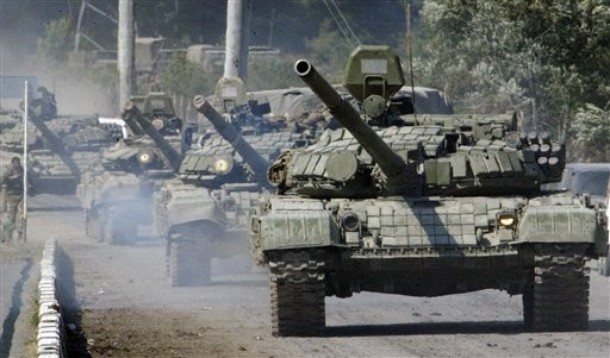
From Reuters: The United States said on Tuesday it will stop sharing data with Russia under a treaty that limits conventional forces in Europe, saying it was doing so four years after Moscow halted its participation in the pact.
The 1990 Treaty on Conventional Forces in Europe (CFE) limits the number of battle tanks, heavy artillery, combat aircraft and attack helicopters deployed and stored between the Atlantic and Russia’s Ural mountains.
In announcing the decision, State Department spokeswoman Victoria Nuland said the United States still hoped to persuade Russia to come back to the treaty but Washington was no longer willing to share information without Moscow reciprocating.
Former President Vladimir Putin suspended Russia’s participation in the treaty in 2007.
"What this means specifically is that the U.S. will not accept Russian inspections of our bases under the CFE, and we will also not provide Russia with the annual notifications and military data called for in the treaty," Nuland said.
She said the United States expected most, if not all, U.S. and NATO allies in the 30-nation agreement to do the same. . . .
"We are not giving up on conventional arms control nor are we giving up on the possibility of saving and modernizing the Conventional Forces in Europe Treaty," she said.
"We are simply saying that at this stage, after four years of non-Russian implementation … we think that it’s important to take some countermeasures vis-a-vis Russia."
Image: ap%205%2028%2010%20Russian%20tanks%20South%20Ossetia.jpg
